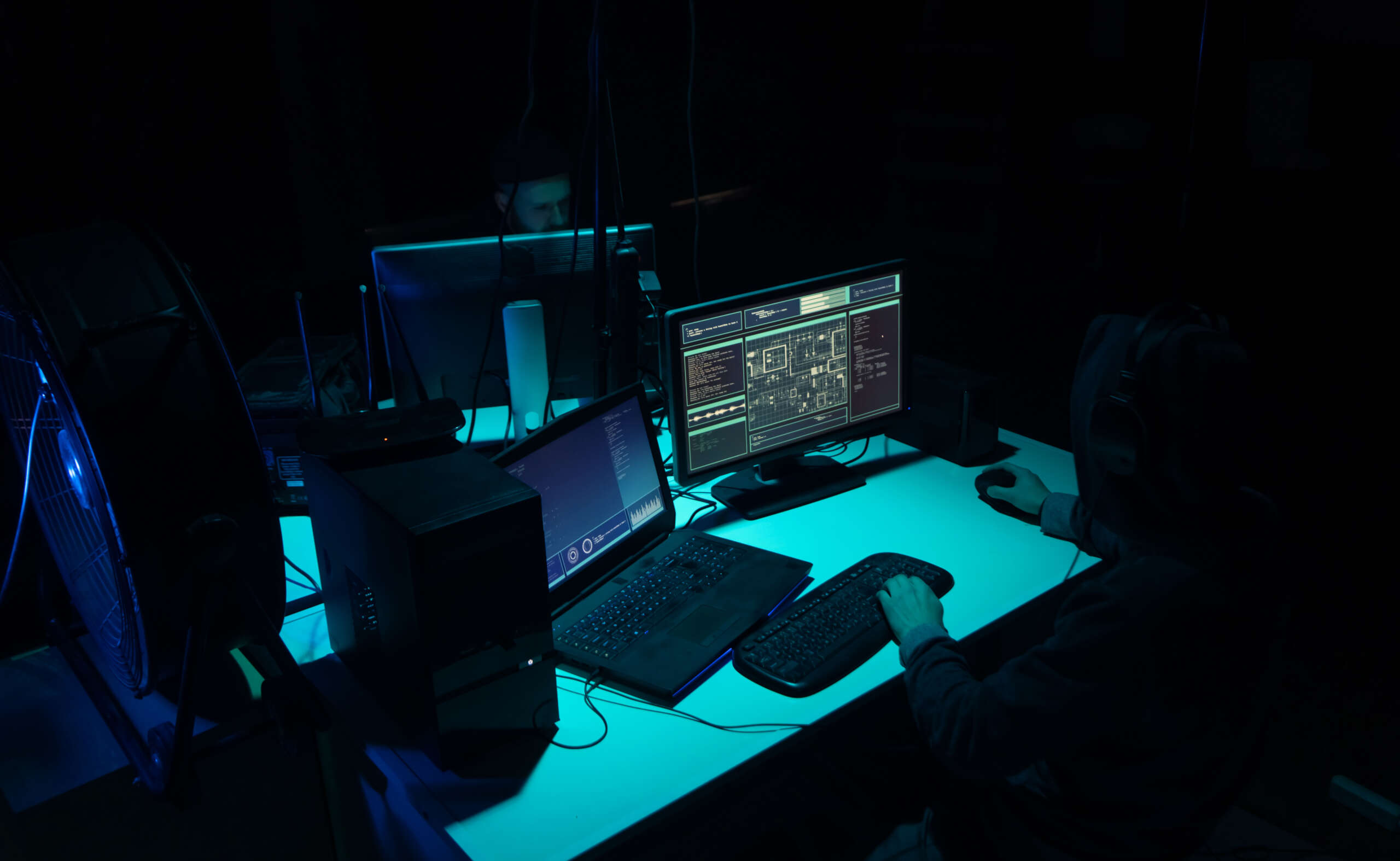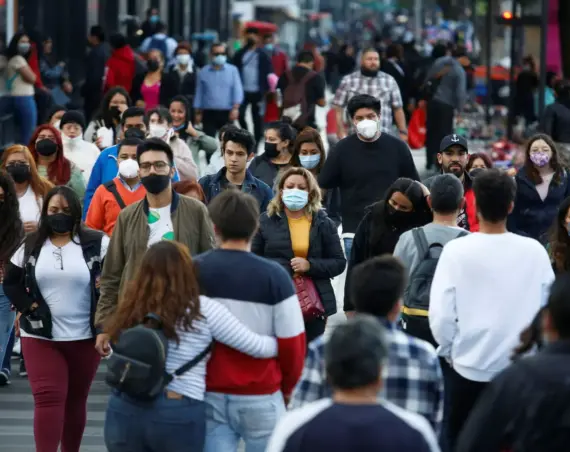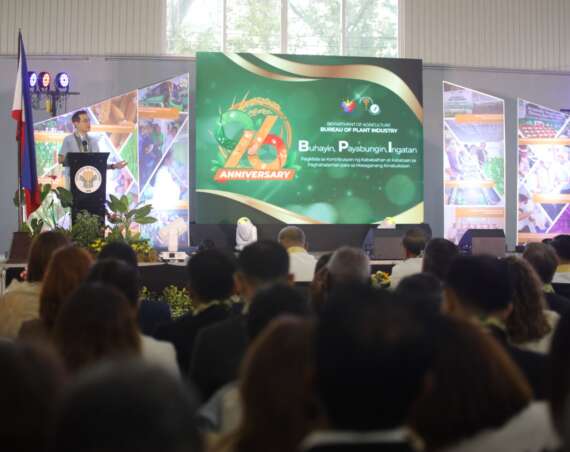November 5 has long stood as a global symbol of rebellion and digital resistance, from Guy Fawkes’ failed plot to blow up England’s Parliament in 1605, to the modern-day hacktivist group Anonymous that adopted his mask as an emblem of protest.
In the Philippines, the date also carries national weight as the Cinco de Noviembre uprising of 1898, when revolutionaries in Negros forced Spanish troops to surrender through wit and defiance.
This year, that same date looms over the digital realm, as the Department of Information and Communications Technology (DICT) warns of a possible large-scale cyberattack targeting government and private networks.
The advisory has reignited public concern over whether the Philippines’ cyber defenses are strong enough to withstand a sustained Distributed Denial of Service (DDoS) assault, one capable of disrupting vital online infrastructure.
The agency urged government offices, businesses, and the public to remain vigilant and report incidents through the cybersecurity hotline 1326 or via email at [email protected].
A DDoS attack is one of the most common tools used by cyber groups to disrupt online services. It does not typically involve data theft or infiltration, but instead floods systems with excessive digital traffic to prevent legitimate users from accessing them.
Such disruptions can affect websites, online portals, and government systems that provide essential public services.
Manila Bulletin technology editor Art Samaniego Jr. noted in a recent Facebook post that November 5 has long been associated with resistance and digital rebellion.
“November 5 has become a global symbol of resistance, rebellion, and digital protest, a date that bridges history and hacktivism,” Samaniego wrote, tracing its roots to Guy Fawkes Night in 1605 and its modern connection to the Anonymous hacking collective.
He also pointed out that in the Philippines, the date coincides with the Cinco de Noviembre uprising of 1898 in Negros, when Filipino revolutionaries forced Spanish troops to surrender through deception and strategic planning.
“Both histories, one British, one Filipino, celebrate defiance against oppression, making November 5 a powerful reminder that rebellion, whether on the battlefield or in cyberspace, often begins with the courage to expose injustice,” Samaniego added.
Cybersecurity experts also underscored the need for stronger infrastructure protection.
Liam Demafelix, CEO of Dual IT Services, said while the Philippines has some degree of DDoS mitigation through national and internet service provider (ISP) systems, the country remains vulnerable to large-scale attacks.
“Our current defenses are not yet on par with the capabilities of global scrubbing networks such as Cloudflare or Imperva,” he said.
Demafelix explained that the challenge lies not only in technology but also in regulatory procedures that slow down the adoption of enterprise-grade protections.
“As potential state-sponsored activity increases, we should review the regulatory and procurement processes that govern how protective services are implemented,” Demafelix said.
“Speed of deployment is a crucial element of cyber-resilience,” he added.
Demafelix said that empowering agencies to swiftly procure and integrate advanced mitigation technologies, without compromising data sovereignty, will help the nation withstand and recover from large-scale denial-of-service attacks.
“Preparedness and agility are as vital as technology itself,” Demafelix said.






